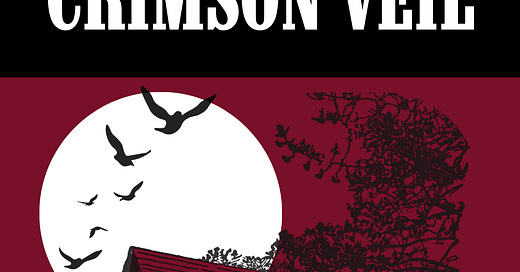My first novel Crimson Veil will be available in paperback and hardcover on January 13th. The e-book version is currently available for pre-order here. In the meantime, please enjoy the prologue.
© 2025 Texas John Slaughter
Substack is the home for great culture





